The Constitution makes it clear: only Congress can declare war. That's in Article I, Section 8, Clause 11. The President? Just the Commander-in-Chief, no unilateral war declarations allowed. In other words, no marching off to battle without Congress's nod. Since WWII, we've had plenty of military actions lacking formal declarations, thanks to some nifty statutory authorizations. This whole system is a confusing tug-of-war, and there's more to unpack on how it works.
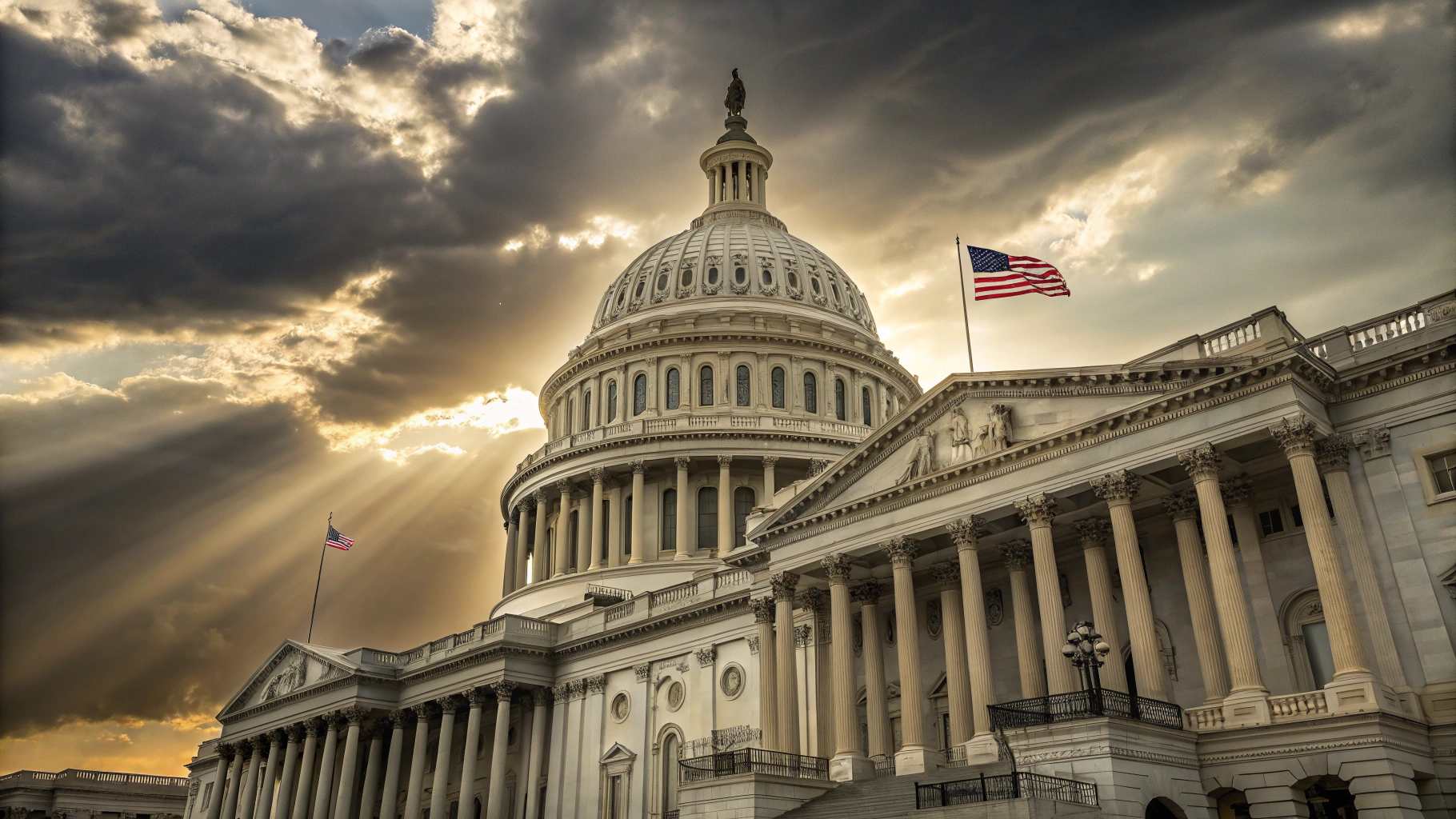
When it comes to declaring war, there's one big boss in the U.S. government: Congress. That's right. Article I, Section 8, Clause 11 of the Constitution hands Congress the power to declare war. Sounds straightforward, right? But wait, it doesn't specify how to do it. A simple note? A press release? Who knows! This clause is often called the War Powers Clause, and it's a big deal—central to Congress's war powers.
Historically, the first formal declaration of war was against the United Kingdom in 1812. Fast forward to World War II, and the last formal declarations were against Axis-aligned nations in 1942. Since then? Zip. Zero. Nada. The U.S. has been in plenty of conflicts since WWII, but formal declarations are about as common as a unicorn sighting. Instead, Congress has been handing out statutory authorizations like candy. Think Vietnam War or the War on Terror. These allow the President to flex military muscle without actually declaring war. Military force authorizations have become a common tool for engaging in conflicts without a formal declaration of war.
Since WWII, formal war declarations have been as rare as unicorns, with Congress opting for statutory authorizations instead.
Now, here's where it gets interesting. The President can't just declare war on their own. They can respond to sudden attacks, sure, but what that actually means is up for debate. Some scholars argue it covers protecting U.S. citizens or interests abroad. The President's role as Commander-in-Chief is laid out in Article II, but it's a murky area. Congress's exclusive power to declare war is intended to prevent unilateral military actions by the President, which has become increasingly important as statutory authorizations for the use of force have been common since the mid-20th century.
Judicial interpretation? Don't count on it. Courts usually dodge war-initiation cases like they're a hot potato. The political question doctrine is the reason. The Supreme Court acknowledges Congress's power to prosecute war, but lower courts? Not touching it.
Let's not forget the War Powers Resolution of 1973. It tells the President to get Congress's thumbs up within 60 days of starting hostilities. But its constitutionality? Questionable at best.
Frequently Asked Questions
What Historical Events Influenced the Current War Declaration Process?
Historical events shaped the U.S. war declaration process in big ways.
Take the Mexican-American War, where President Polk basically said, "Let's go to war," and Congress followed suit.
Then came the Korean War—no declaration, just a messy military mess.
The Vietnam War muddied the waters further, with Congress giving a nod instead of a full declaration.
And don't forget post-9/11, where the AUMF let presidents play military without a formal declaration.
Wild times!
How Has Public Opinion Affected War Declarations in the Past?
Public opinion has always been a fickle beast when it comes to war declarations. Take World War I—Germany ticked people off, and boom, America was in.
Fast forward to Pearl Harbor; 97% of folks were ready to throw down.
But here's the kicker: it's not just about events. Leaders shape opinions, and sometimes, the public just goes along for the ride.
Casualties? They make people uneasy. But hey, nothing says "let's fight" like a good rally effect.
Are There Any Notable Supreme Court Cases Related to War Declarations?
There are a few notable Supreme Court cases that dance around the topic of war declarations.
Take *Bas v. Tingy*—it decided if France was an enemy.
Then there's *The Prize Cases*, which basically said the President can act in war without Congress giving a thumbs-up.
And don't forget *Dellums v. Bush*, where Congress tried to challenge presidential power but got shut down.
Courts love dodging these war questions, keeping it all messy and political.
What Role Do International Treaties Play in War Declarations?
International treaties play a big role in war declarations, or lack thereof. They set the ground rules—think Geneva Conventions and Hague rules.
These documents say, "Hey, no surprise attacks, please!" But guess what? Countries often ignore them and plunge into conflicts without formal declarations.
It's like saying you're going to dinner and then just showing up at someone's house uninvited. Treaties are all about standards, but reality? Well, it's messier than that.
How Do Other Countries' War Declaration Processes Compare to the U.S.?
When it comes to declaring war, the U.S. isn't exactly the trendsetter. Other countries have their own quirky methods.
The UK? Yeah, they still need parliamentary approval, which is a whole circus. Meanwhile, France lets its president call the shots, no fuss.
Australia? They play it loose with parliamentary nods.
And then there's China and Russia, where the big bosses just say "go." It's like a global game of who gets to push the button first.
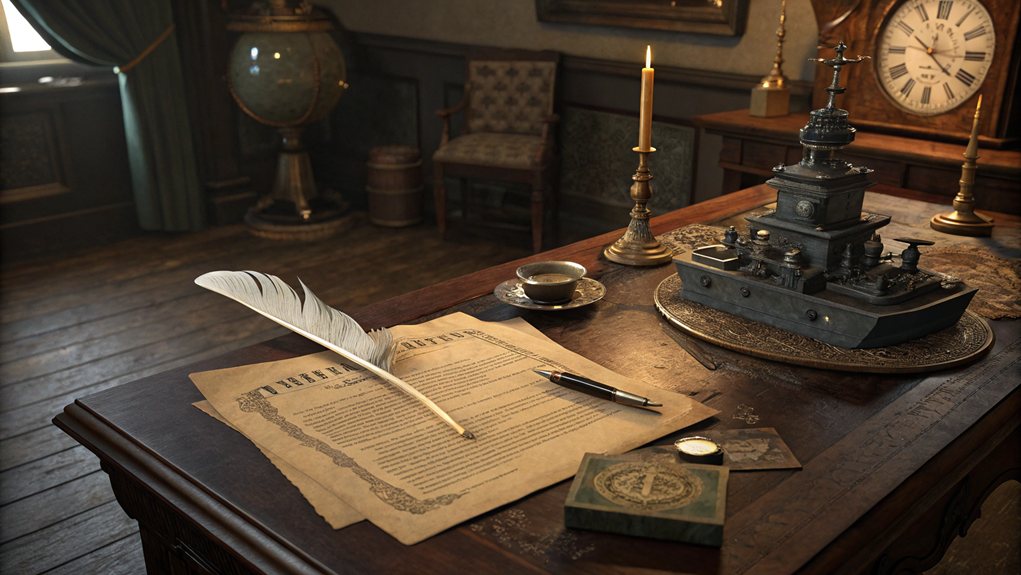

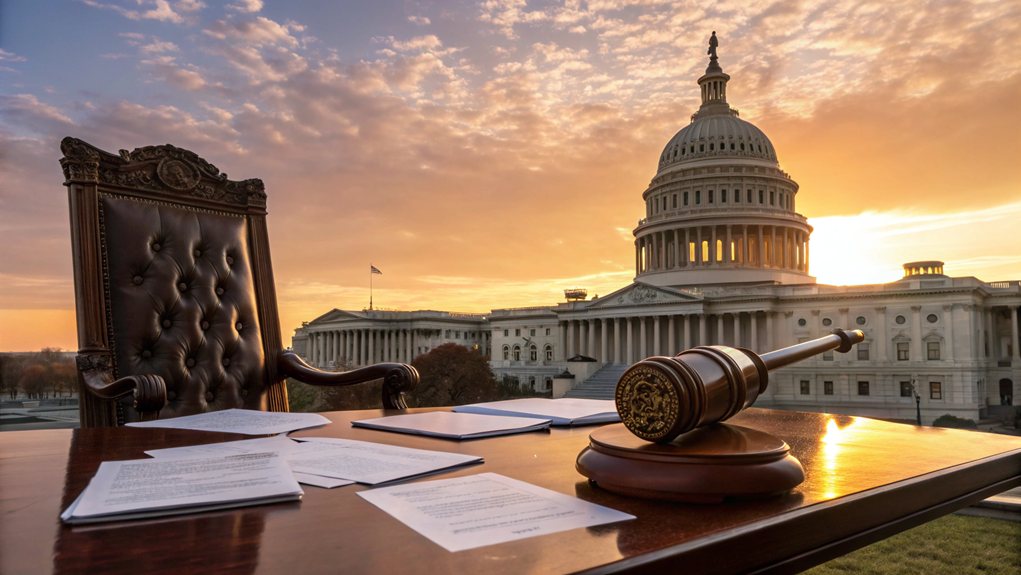
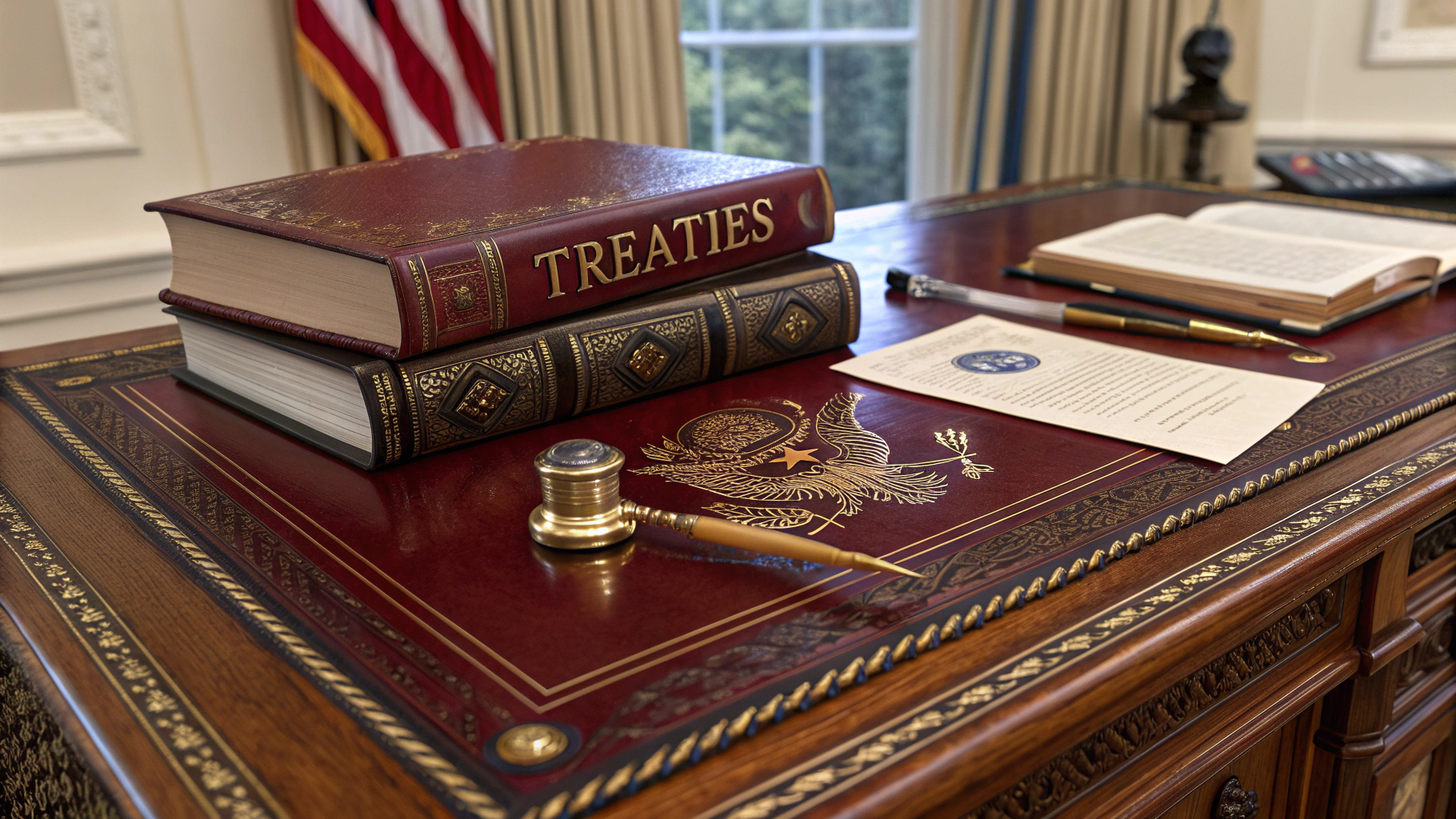

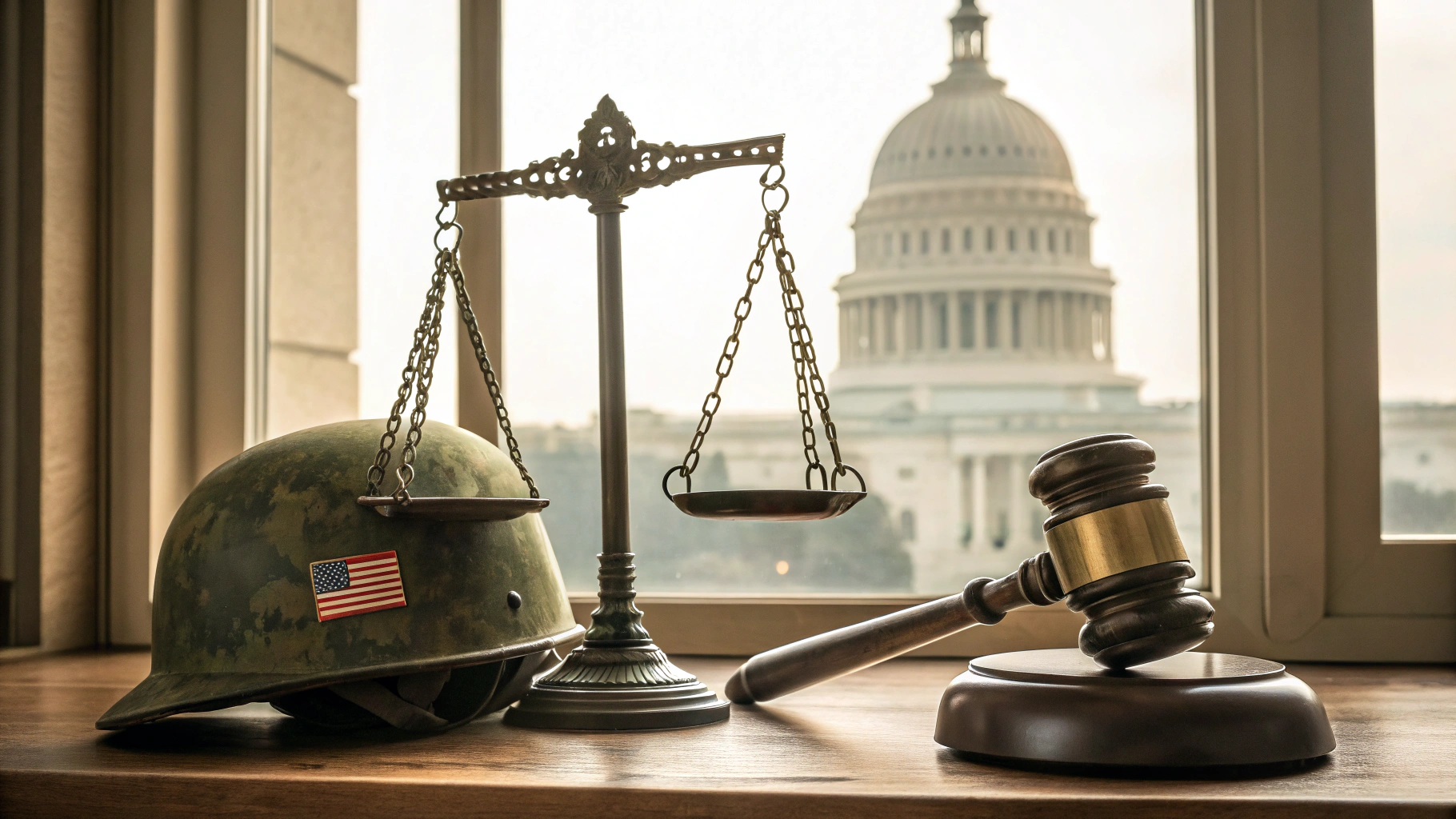




9 comments
Comments are closed.